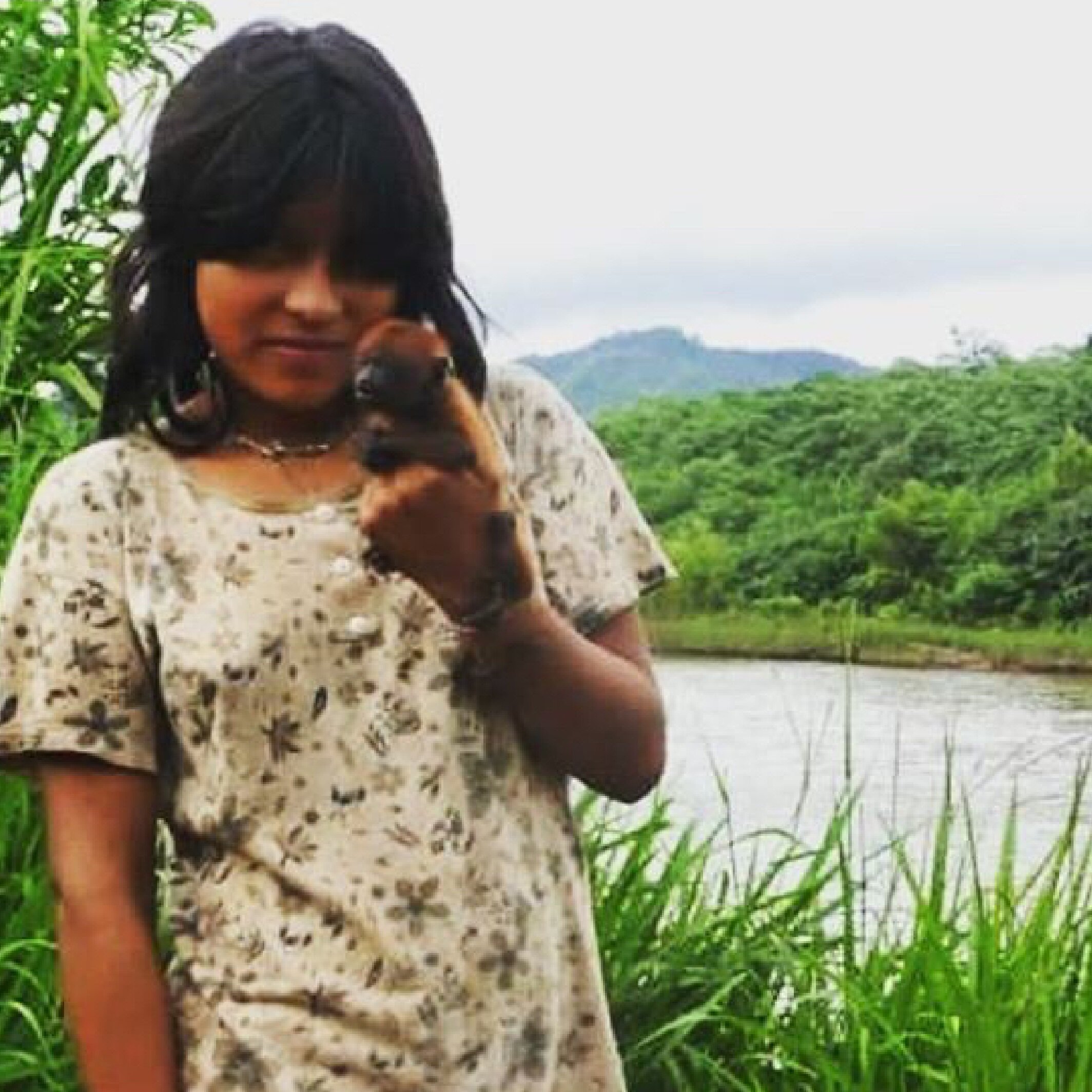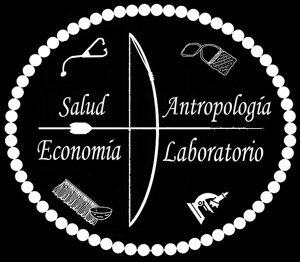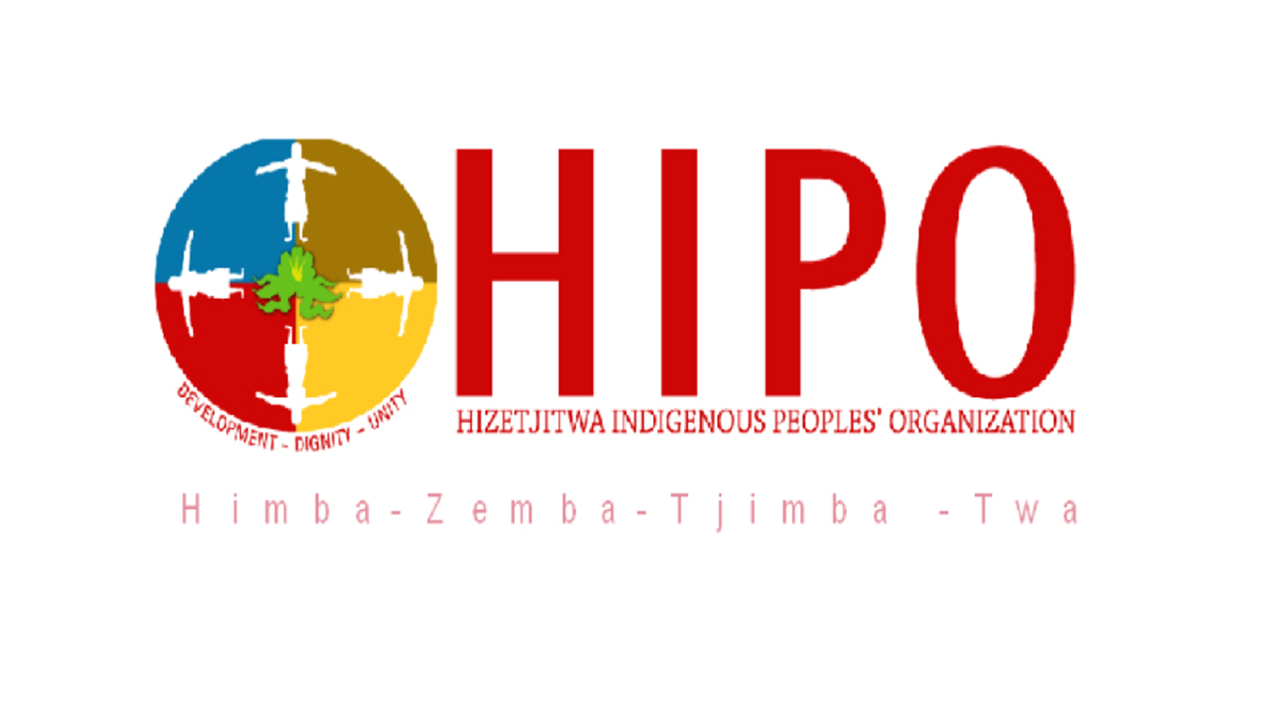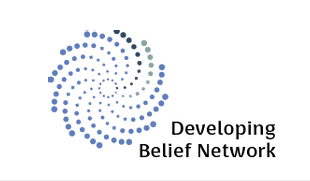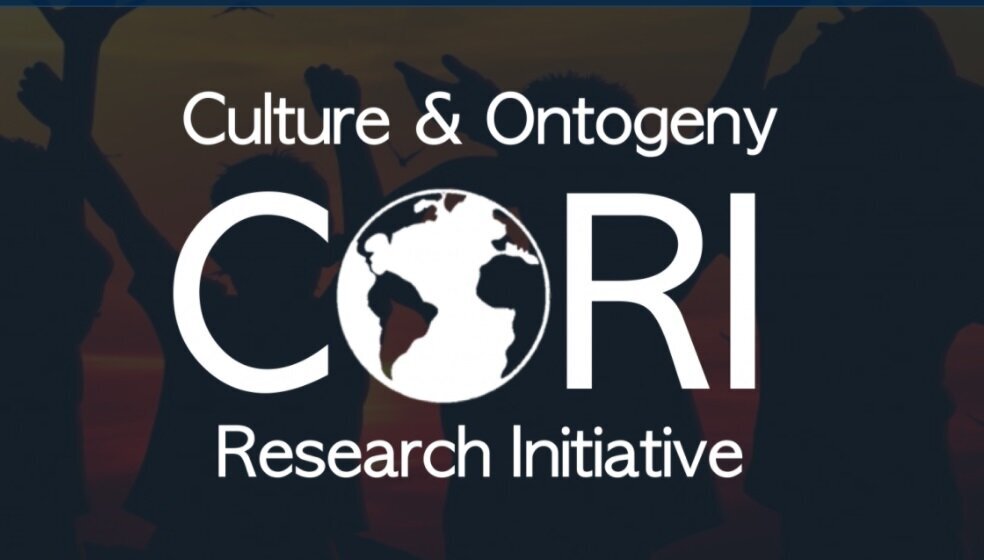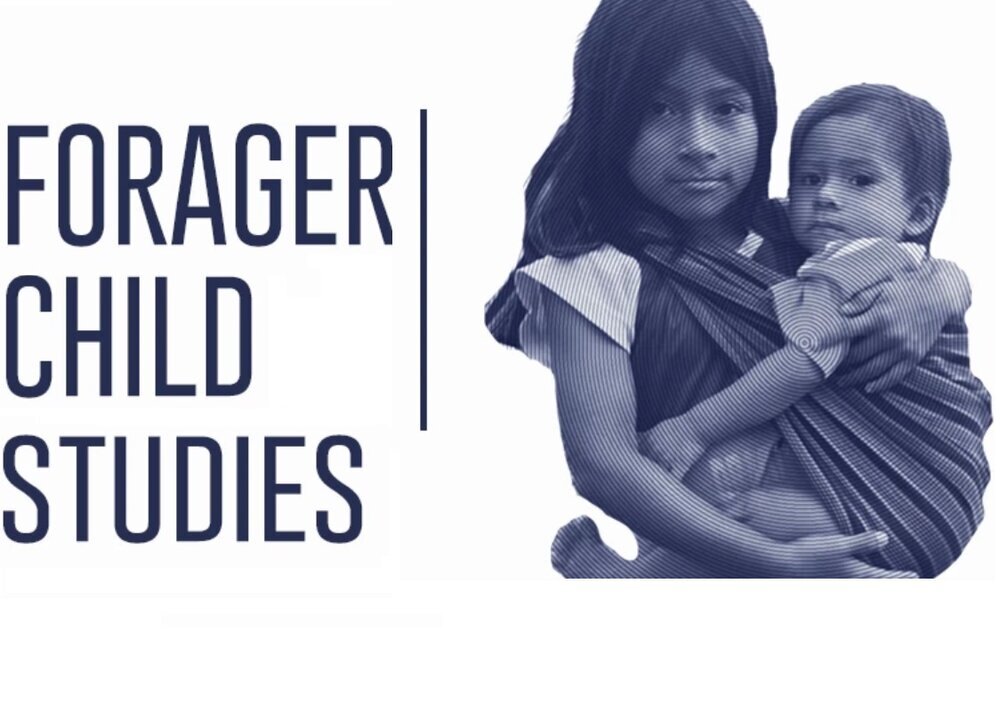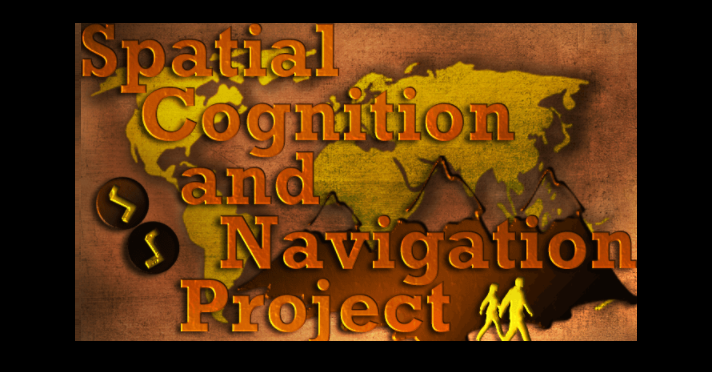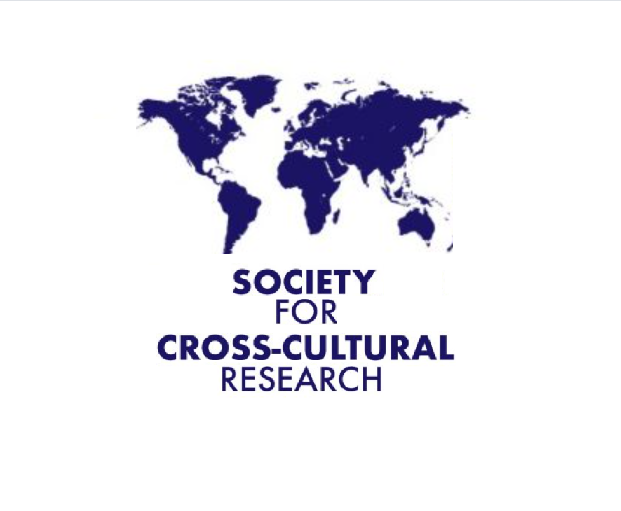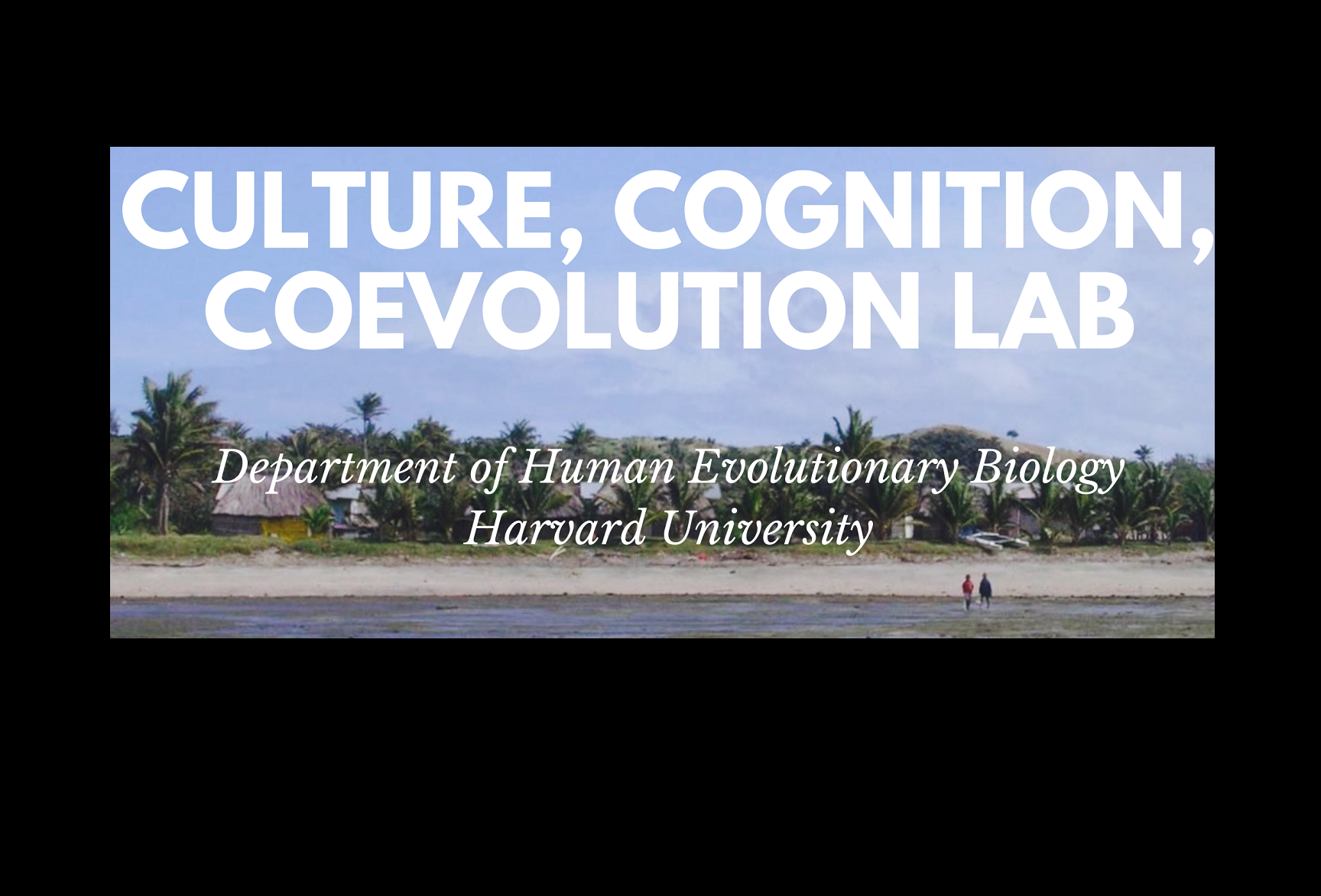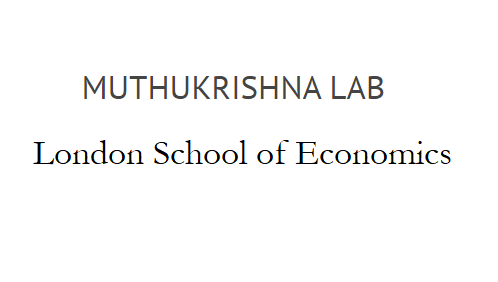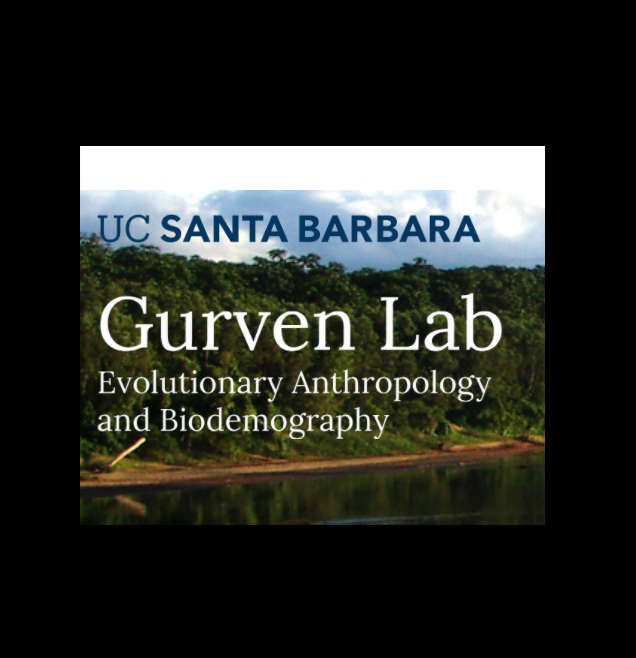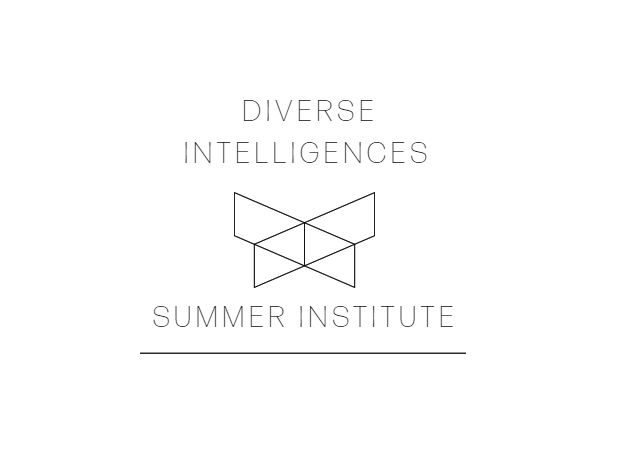
RESEARCH INTERESTS
&
PROFESSIONAL SPECIALIZATION
The ontogeny of learning.
My research focuses on how learning content and transmission channels shape what, when, and from whom children learn.
Specifically, I am in interested in how one particular cultural institution, compulsory formal schooling, has shaped the human mind.
Longitudinal, cross-cultural research projects.
I established a cross-cultural, longitudinal research program utilizing quasi- and natural experiments in the Amazonian River Basin of Bolivia (Tsimane people) and the Namib Desert (OvaHimba peoples: Himba, Twa, and Zemba).
Cognition across the lifecourse.
I am also interested in whether certain behavioral and environmental experiences during childhood and across the lifecourse buffer against age-related declines in spatial cognition and executive function.
model of engaged scholarship
&
Ethical commitment to participant communites
In my own research, I collaborate with participant communities and their representative bodies, indigenous rights groups, and international NGOs during study design, data collection, dissemination, and through One Pencil Project, a 501(c)(3) nonprofit. I cofounded One Pencil Project in 2018 and currently serve as President.
one pencil project focuses on research that combines scientific inquiry & engaged Scholarship
One Pencil focuses on scientific research that promotes authentic and long-term commitments to partnership sustainability, responsiveness to causes of inequality, and shared benefits with participant communities. Learn more about our outreach and current investigative work here.
one pencil project promotes models that link academic institutions & community engagement
Models of engaged scholarship acknowledge that academic research institutions represent important sites of power and influence (both positive or negative) on the communities they engage with, the communities they utilize for scientific enquiry, and even the communities in which they are physically embedded. The recent inclusion of Community Engagement within the Carnegie classification system for universities demonstrates that models of community engaged scholarship are becoming increasingly accepted and expected across academic disciplines and institutions.
From the beginning, engaged scholarship has been One Pencil’s core tenet. We draw on the principles outlined by Norris-Tirrell and colleagues (2010), including (1) a long-term commitment to community-engaged research and authentic partnering, (2) civic engagement, (3) and working toward participant community goals, including economic, social, and cultural well-being.
It is my hope that One Pencil Project’s paradigm will be replicated by others throughout the scientific and academic communities in practice, as well as through teaching and mentoring.
recent work linked to engaged scholarship by topic
cultural instututionS & Cognitive development
The formal schooling niche: Longitudinal evidence from Bolivian Amazon demonstrates that higher school quality augments differences in children's abstract reasoning. (under review)
Hunter-gatherer children at school: A view from the Global South. (under review)
Quantifying quality: The impact of measures of school quality on children’s academic achievement across diverse societies. (in press) Developmental Science.
Cultural change reduces gender differences in mobility and spatial ability among forager-pastoralist children, the Twa of northern Namibia. Human Nature (2021)
spatial cognition & enviornmental exploration
Ecological & cultural perspectives on learning
Ecological and Developmental Perspectives on Social Learning. Human Nature (2021)
Cognition & Aging
Parenting across cultures
research networks
&
community collaborations
Peer reviewed Publications
(*indicates co-first author or corresponding author. ^indicates equal authorship contribution)
Rawlings, B., *Davis, H.E., Anum, A., Burger, O., Chen, L., Castro Morales, J., Dutra, N., Dzabatou, A., Ngouabi, M., Dzokoto, V., Erut, A., Fong, FTK., Ghelardi, S., Goldwater, M., Ingram, G., Messer, E., Kingsford, J., Lew-Levy, S., Mendez, K., Newhouse, M., Nielsen, M., Pamei, G., Pope-Caldwell, S., Ramos, K., Echeverria Rojas, L.E., Silveira, L., Watzek, J., Wirth, C., & Legare,CH. (in press) Quantifying quality: The impact of measures of school quality on children’s academic achievement across diverse societies. Developmental Science.
Prall, S., Scelza, B., & Davis,H.E. (under review). Medical mistrust, discrimination, and health care experiences in Namibian pastoralists.
Kraft, T., Seabright, E., Alami, S., Hooper, P., Beheim, B., Davis, H.E., Garcia, A., Cummings, D., Eid Rodriguez, D., Trumble, B.C., Stieglitz, J., Kaplan, K., & Gurven, M. (under review). Meta population dynamics of infectious disease transmission in a small-scale human society.
Weisman, K., Ghossainy, ME., Williams, AJ., Payir, A., Lesage, KA., Reyes-Jaquez, B., Amin, T., Anggoro, FK., Burdett, RE., Chen, EC., Coetzee, L., Coley, JD., Dahl, A., Dautel, J., Davis, H.E., Davis, EL., Diesendruck, G., Evans, G., Feeney, A., Gurven, M., Jee, BD., Kramer, HJ., Kushnir, T., McAuliffe, K., McLaughlin, A., Nichols, S., Rockers, PC., Shneidman, L., Srinivasan, M., Tarullo, AR, Taylor, LK., Yu, Y., Yucel, M., Zhao, X., Corriveau, K., & Richert, RA.(under review). The development and diversity of religious cognition and behavior: Protocol for Wave 1 data collection with children and parents by the Developing Belief Network.
*Davis, H.E., Gurven, M., & Cashdan, E. (2022). Navigational experience and the preservation of spatial abilities into old age among a tropical forager-horticulturalist population. Topics in Cognitive Science.
Manuscripts in Revision
(available online or by request)
^Davis, H.E., ^Fortier, M., ^Wente, A.O., Fernandez Flecha, M., & Gopnik, A. (under revision). Abstract causal knowledge: Evidence that foraging and subsistence populations learn multiple causality more readily than formally schooled U.S. and Peruvian populations.
Kroupin, I., Davis, H.E., & Henrich, J. (under revision). A review of cultural institutions and cognition in the 20th century.
Ruginski, I., Stepanucci,J., Crittenden, A., Kramer, K., Greaves, R., Sugiyama, L., Davis, H.E., Creem-Regehr, S., & Cashdan, E. (under revision). The MRTX: A chronometric mental rotation task accessible across age and culture.
Broesch, T., Gergely, G., Henrich, J., Barrett, C., Olah, K., Gurven, M., McElreath, R., Kanovsky, M., Schug, M., Von Rueden, C., Davis, H.E., & Laurence, S. (under revision). Evidence for natural pedagogy as a human universal.
Moya, C., Fessler, D., Henrich, J., Zhao, W., Barrett, C., Bolyanatz, A., Davis, H.E., Gurven, M., Kanovsky, M., Kushnick, G., Pisor, A., Scelza, B., von Rueden, C., & Laurence, S. (under revision). Norm enforcement in small-scale societies depends on coordinated third party responses and pre-existing relationships.
*Davis, H.E., & Henrich, J. (under revision). Group organization and cultural transmission networks across childhood.
Manuscripts in preparation
(analysis in progress)
Davis, H.E., Gurven, M., & Trumble, B. (n.d.). Trade-offs between skill and physical ability: Strategies shift toward lower variance and smaller package-size animals with older age.
Davis, H.E., Henrich, J., & Muthukrishna, M. (n.d.). Casually identifying the effects of formal schooling on cognition.
*^Davis, H.E., ^Kroupin, I., & Henrich, J. (n.d.). Lost skills: Cognitive trade-offs with formal schooling exposure.
Links to
stories & awards
The Sausage of Science Podcast: Navigating Childhood Cognition with Dr. Helen Davis. January 2022
Leigh Mintrun Early Career Award at the Society for Cross Cultural Research (2020)
American Anthropology Association’s Book Forum: Best New Investigator Award (2018)
International Society for Intelligence Research: Best Paper Award (2018)
Researchers switch focus in flood-hit Tsimane lands. The Albuquerque Journal (2014)
ongoing longitudinal research projects in
southern africa & South America
Contact information
Institute of Human Origins
777 East University Drive
Arizona State University Tempe, Arizona
Email: helenelizabethdavis@asu.edu

